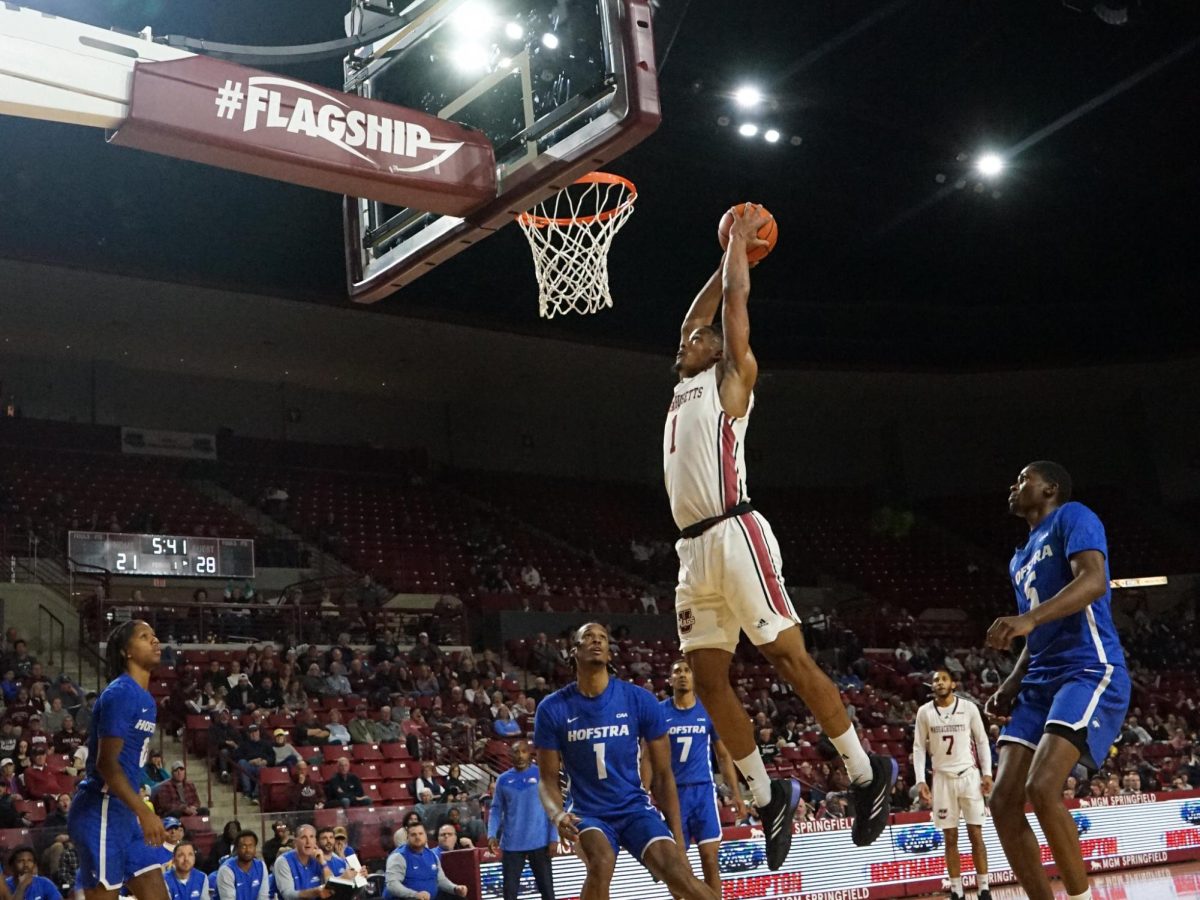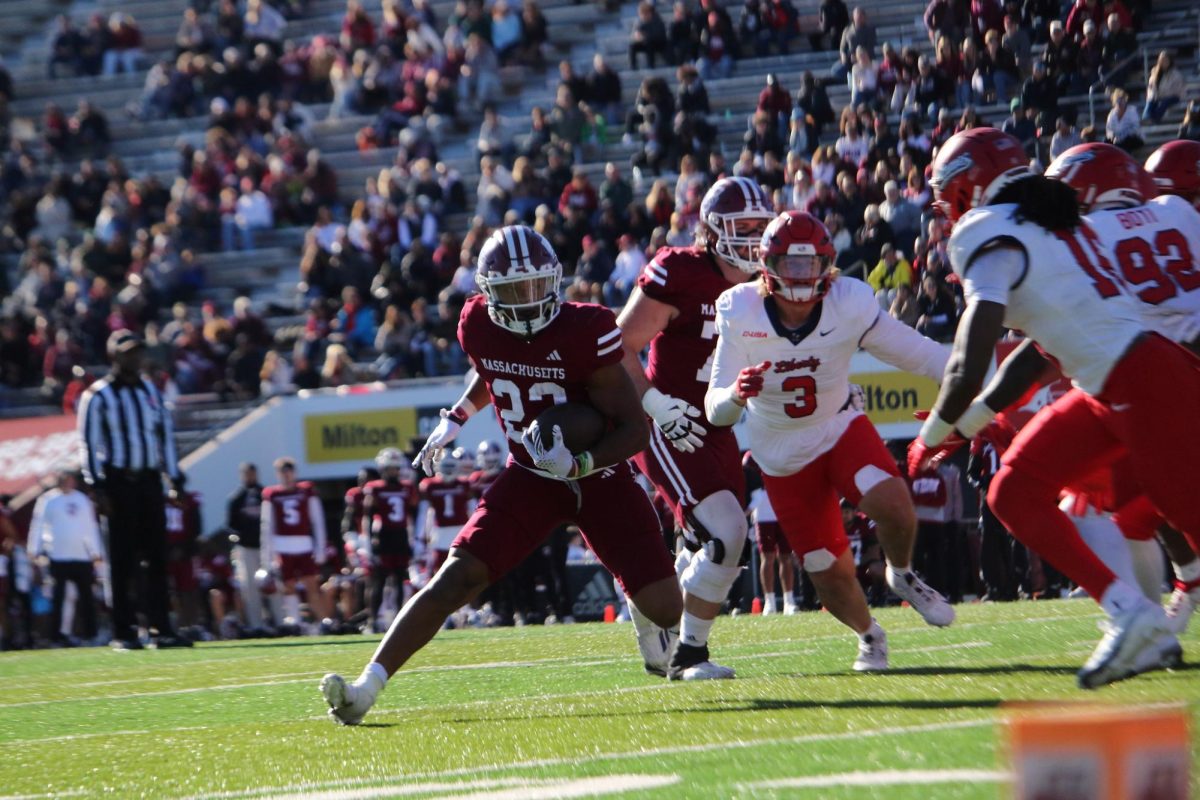TV moments come and go, blurring into the ever-changing broadcast of our viewing experience. But in our mind’s eye, if not our physical one, some shine brighter than others. Some of them forever influence or change the medium. Some draw us together as a nation.
Some are cool or funny enough that when we remember that moment a deep memory is called upon and we know exactly what we were doing at that time period. Some contain such powerful effects of shocking images that forever move us.
Most of these moments have occurred during our parents and grandparents’ generations. Neil Armstrong walks on the moon; Michael Jackson moonwalks; J.R. is shot on “Dallas.” But we have had a few as well. News coverage of the Gulf War; “Seinfeld” signs off the air; JFK Jr.’s fatal plane crash.
But it is national tragedies that have had a legacy like no other on the television. They convey shocking images pilfering our collective consciousness, numbing the body and creating an environment of deep care and thought.
Most noteworthy, President John F. Kennedy’s death and funeral transfixed a nation and forever changed the way we regard TV. His death on Nov. 22, 1963 ranks as the greatest moment in TV history. It was that week that a grappling nation sat watching events unfold and drew America together.
Similarly, last week’s tragedy brought together a mourning nation. The surreal, near-apocalyptic scenes of Tuesday’s catastrophe were broadcast along with continuous news coverage to try to explain the unexplainable.
The event will live as one of the greatest TV moments, as America watched the Twin Towers of the World Trade Center in New York City collapse, and a chunk of the Pentagon in Washington, D.C. destroyed. The deplorable tragedy of Sept. 11 will undoubtedly remain forever etched in our collective minds. The painful images of two planes ramming into, and eventually collapsing, the Towers, the heavy cloud forming in the Manhattan skyline, a reduced Pentagon and fleeting, chaotic scenes of New Yorkers are visions that will persist.
The people most immediately affected by the disaster were incorporating television into their response: President George W. Bush, to establish that American power will prevail, and family members of the deceased victims, to demonstrate the horrible loss.
Television remains the supreme source for information, above print as an immediate news source, and even above the Internet, as it creates a focal point for the public’s grief.
In times like these, TV is not only legitimate, but necessary. We look to the quasi-editorial anchors of Dan Rather, Peter Jennings, and Tom Brokaw to tell us everything will be okay in times of crisis. We have again turned to them as network cameras caught, and continue to reel, nearly every tremor of tragedy in New York and Washington, D.C. They bring us the very latest with a tremble in their visage as they relay official announcements of demise and frantic scenes. In times of disaster, we turn to them to hear that everything will be all right. Simply put, we are a TV nation.
A vast amount of Americans were, of course, fixated on their television sets Tuesday night as some 60 million people tuned into the major network for news coverage surrounding the devastating terrorist attacks. Viewing levels peaked between 8:30 and 9 pm when President Bush addressed the nation. And that 60 million figure doesn’t include the millions glued to cable channels such as CNN, MSNBC, and Fox News. Reportedly, 75 percent of all TV viewers were watching one of the broadcast nets- an extraordinary number by any measure. With a growing array of cable television networks continuously springing new television series, Americans decided to instead tune into the unfolding events of the tragedy- an event that hasn’t happened in at least a decade since the Gulf War.
Even more commendable is TV news industry’s cooperative and non-competitive spirit where all networks decided to share all footage on Tuesday. The story and viewer interest has been placed first. Equally praiseworthy is the network’s refrain (at least so far) from trumpeting their ratings or noting their competitors’ failings.
This is what makes the television medium so rich- its vivid, up-to-the-minute coverage, its unifying supremacy, and its power to provoke, to remind, and to engage. The aftermath in this case has yet to unfold but we know that we can rely on TV to not only inform us on the latest developments but to also offer consolation.






